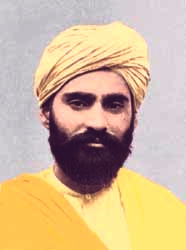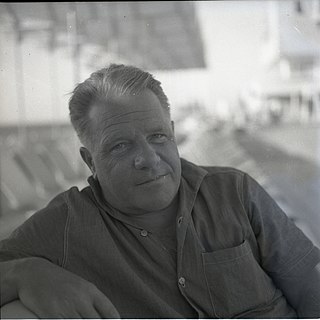A Quote by Henry David Thoreau
A man may acquire a taste for wine or brandy, and so lose his love for water, but should we not pity him.
Related Quotes
You need not fear me, for I not only should think it wrong to marry a man that was deficient in sense or in principle, but I should never be tempted to do it; for I could not like him, if he were ever so handsome, and ever so charming, in other respects; I should hate him—despise him—pity him—anything but love him. My affections not only ought to be founded on approbation, but they will and must be so: for, without approving, I cannot love. It is needless to say, I ought to be able to respect and honour the man I marry, as well as love him, for I cannot love him without.
To Mercy Pity Peace and Love All pray in their distress, And to these virtues of delight Return their thankfulness. For Mercy Pity Peace and Love Is God our father dear. And Mercy Pity Peace and Love Is Man his child and care. Then every man of every clime That prays in his distress Prays to the human form divine: Love Mercy Pity Peace. And all must love the human form In heathen, Turk, or Jew. Where Mercy, Love and Pity dwell There God is dwelling too.
She is Melusina, the water goddess, and she is found in hidden springs and waterfalls in any forest in Christendom, even in those as far away as Greece. (...) A man may love her if he keeps her secret and lets her alone when she wants to bathe, and she may love him in return until he breaks his word, as men always do, and she sweeps him into the depths with her fishy tail, and turns his faithless blood to water. The tragedy of Melusina, whatever language tells it, whatever tune it sings, is that a man will always promise more than he can do to a woman he cannot understand.
The whole Mediterranean, the sculpture, the palm, the gold beads, the bearded heroes, the wine, the ideas, the ships, the moonlight, the winged gorgons, the bronze men, the philosophers - all of it seems to rise in the sour, pungent taste of these black olives between the teeth. A taste older than meat, older than wine. A taste as old as cold water.
It is far. But there is no journey upon this earth that a man may not make if he sets his heart to it. There is nothing, Umbopa, that he cannot do, there are no mountains he may not climb, there are no deserts he cannot cross; save a mountain and a a desert of which you are spared the knowledge, if love leads him and he holds his life in his hand counting it as nothing, ready to keep it or to lose it as Providence may order.
Why prove to a man he is wrong? Is that going to make him like you? Why not let him save face? He didn't ask for your opinion. He didn't want it. Why argue with him? You can't win an argument, because if you lose, you lose it; and if you win it, you lose it. Why? You will feel fine. But what about him? You have made him feel inferior, you hurt his pride, insult his intelligence, his judgment, and his self-respect, and he'll resent your triumph. That will make him strike back, but it will never make him want to change his mind. A man convinced against his will is of the same opinion still.
As the smallest drop of water detached from the ocean contains all the qualities of the ocean, so man, detached in consciousness from the Infinite, contains within him its likeness; and as the drop of water must, by the law of its nature, ultimately find its way back to the ocean and lose itself in its silent depths, so must man, by the unfailing law of his nature, at last return to his source, and lose himself in the great ocean of the Infinite.


































